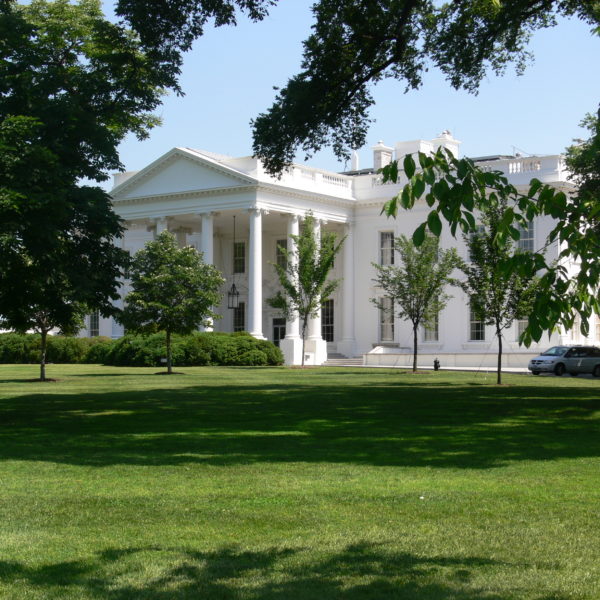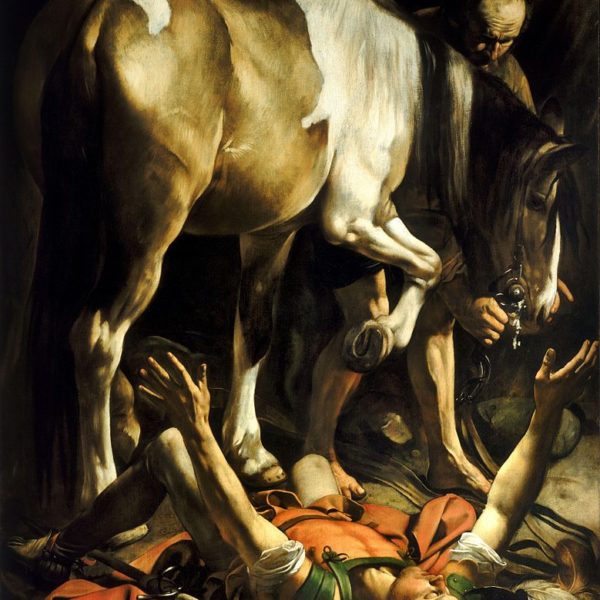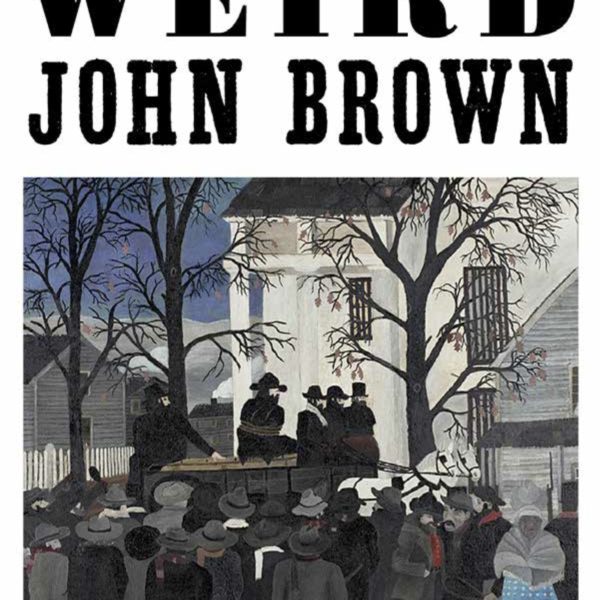…common good is eliminated from public discourse and all that remains is “a politics from whose agendas enquiry concerning the nature of that politics has been excluded, a politics thereby…
…says that, while many of us go searching through the scripture looking for rules which will tell us what to do, what we find instead, particularly in Luke-Acts, is what…

…with the witness of Scripture the church should provide much needed correctives to the overall structures of political power in the US. The Scriptures contain helpful models for establishing social…
This article is part of the series, The Politics of Scripture. While the focus of the series is on weekly preaching texts, we welcome commentary on sacred, classic, and profane…

The last installment in this year’s series of political theology syllabi comes from a remarkable and unique program at Wesley Theological Seminary in Washington, DC, where faith, politics, and rigorous…
…which is based at Labour Party HQ and Parliament – www.thecsm.org.uk. They exist to be a prophetic voice to left-sided politics and the church, encouraging Christians to see politics as…
…systems elsewhere. This post is part of the series, The Politics of Scripture. While the focus of the series is on weekly preaching texts, we welcome commentary on sacred,…

…him?” Mark 4:35-41 In my last Politics of Scripture essay, “The Limits of Earthly Sovereignties,” I reflected on Matthew 22:15-22 and Jesus’ critique of earthly sovereignties and lordships. Jesus’ attitude…



